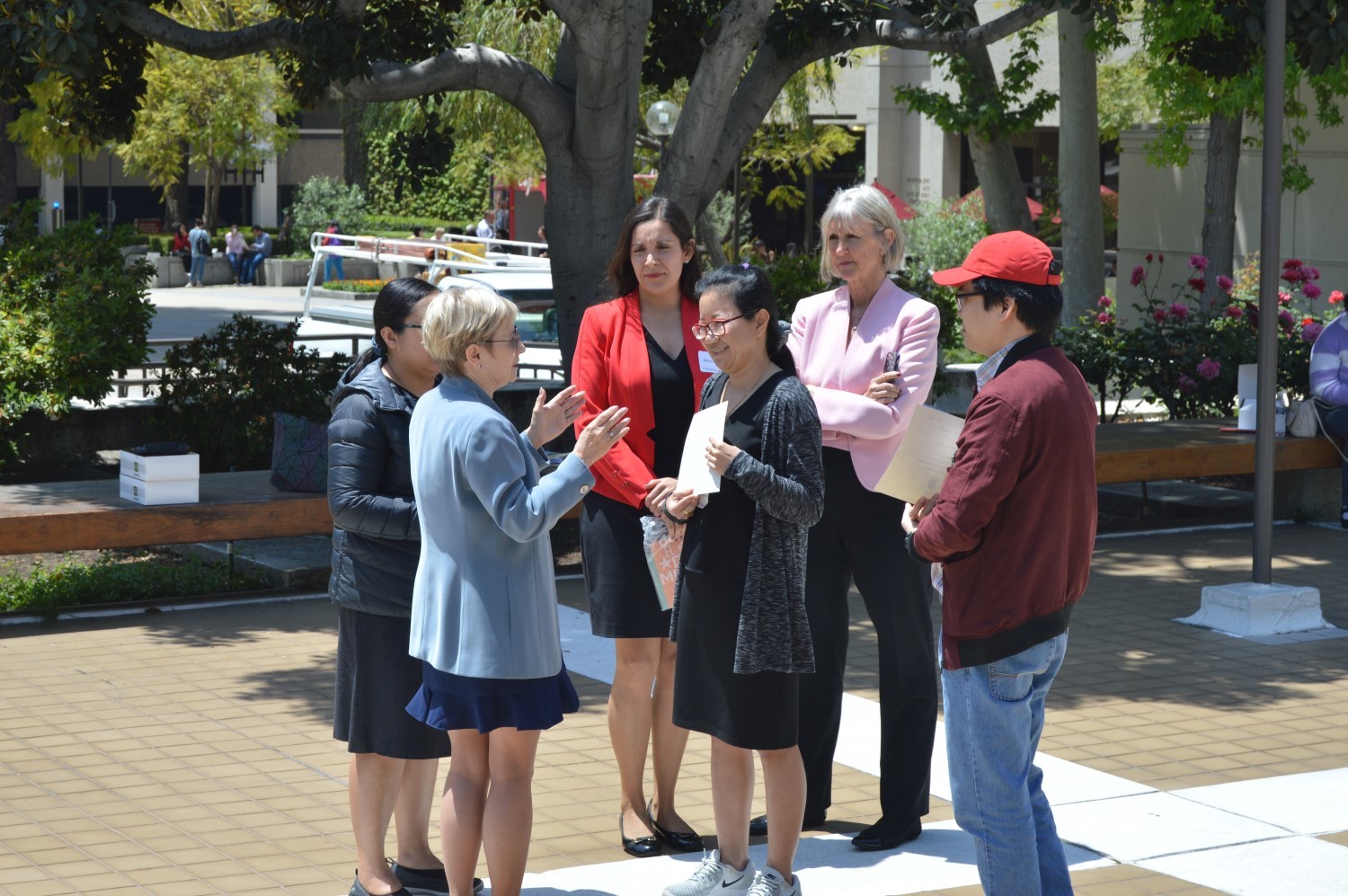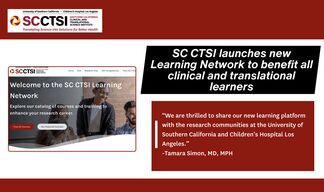Department of Regulatory and Quality Science and SC CTSI Organize Workshop for Asia-Pacific Countries under International Center for Excellence in Teaching Program
The specially scheduled regulatory science boot camp event was part of a multinational effort led by Asia-Pacific Economic Cooperation to harmonize regulations governing medical devices to expand trade among 21 Pacific rim countries. Regulators and scholars from several nations attended the boot camp during a four-day training event hosted by the USC School of Pharmacy.
The medical device industry is one of the most important and exciting drivers of international trade between the United States and other Pacific rim nations, but the need to ensure safety and standards for patients everywhere also makes it one of the most complex.

During a recent four-day training event held at USC, the School of Pharmacy and the Southern California Clinical and Translational Science Institute played a role in helping to standardize the many regulations and policies that govern how medical devices are tested and marketed internationally. One day of the training was devoted to a special session of the Regulatory Science Boot Camp, a popular series of training sessions, now in its third year, that covers regulatory science aspects of drug and device development.
The boot camps typically attract scholars and professionals from the Southern California research community, as well as other parts of California and even other states. But the special session held on May 3 was organized to include visitors from the 21 Pacific rim nations that make up Asia-Pacific Economic Cooperation (APEC), an inter-governmental forum established in 1989 to promote free trade among its member nations.
APEC selected the D.K. Kim International Center for Regulatory Science, within the USC School of Pharmacy, to host the Pilot Center of Regulatory Excellence (CoRE) educational program, which ran from April 30 to May 3. The boot camp session was part of CoRE program.
Harmonizing the process.
"Every country has its own regulatory agencies and systems, but these medical devices go to countries throughout the world," said Frances Richmond, PhD., Chairman of the Department of Regulatory and Quality Sciences in the School of Pharmacy, where she is also a professor. "The members of APEC are working to support free trade in the medical device industry by harmonizing the processes and creating common documents and procedures for all the participating countries."
Procedures and standards cover everything from product design, to clinical trials, to safety, to labeling. "As we establish international standards, we will be able to teach these procedures to regulators in countries with emerging economies that are still building their regulatory systems," said Richmond.
As is typical of the boot camps, presenters included professors from the Department of Regulatory and Quality Science and other parts of USC, experts from the FDA and other regulatory bodies, and the drug and device development industry. The special May 3 session included presentations about institutional review boards, data quality, perspectives from the device development industry, device trial auditing, advanced international trials, pediatric device trials, and more.
The regulatory science boot camps are day-long workshops that cover all regulatory aspects of drug and device testing. The workshops feature presentations by specialists in regulatory science from academia, the drug and development industry, and the relevant public agencies, such as the FDA.
"We started the regulatory science boot camps back in 2016 to give clinical research professionals skills and knowledge that could improve the quality of drug and device development," said Eunjoo Pacifici, PharmD, PhD, Associate Professor of Regulatory and Quality Sciences in the USC School of Pharmacy and Director of the International Center for Regulatory Science. "We were gratified to have the opportunity, through this recognition by APEC, to apply the approach organized jointly by the School of Pharmacy and the SC CTSI to assist in safe and efficient growth of the medical device industry internationally."



